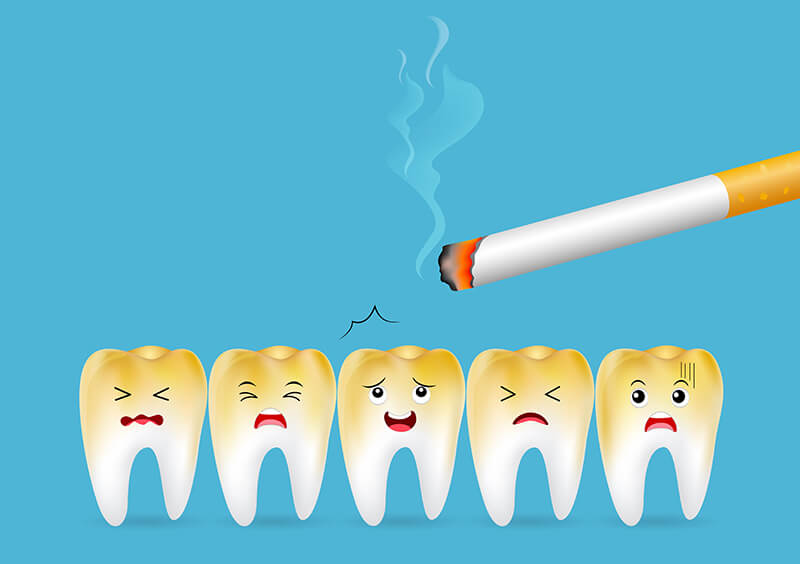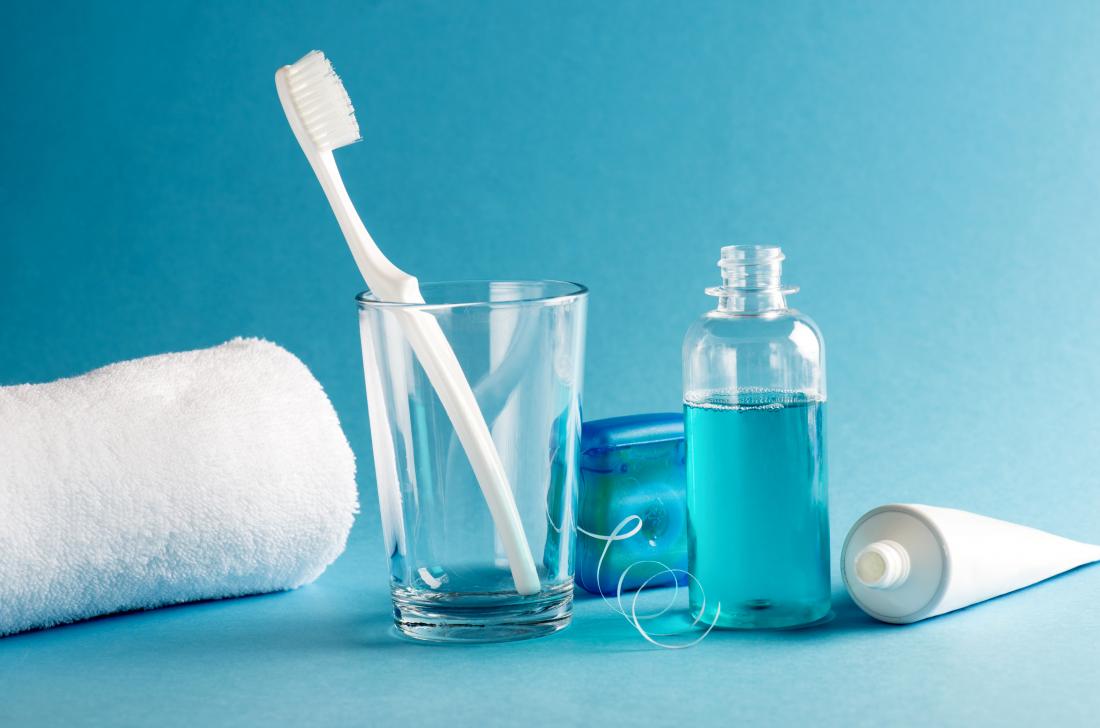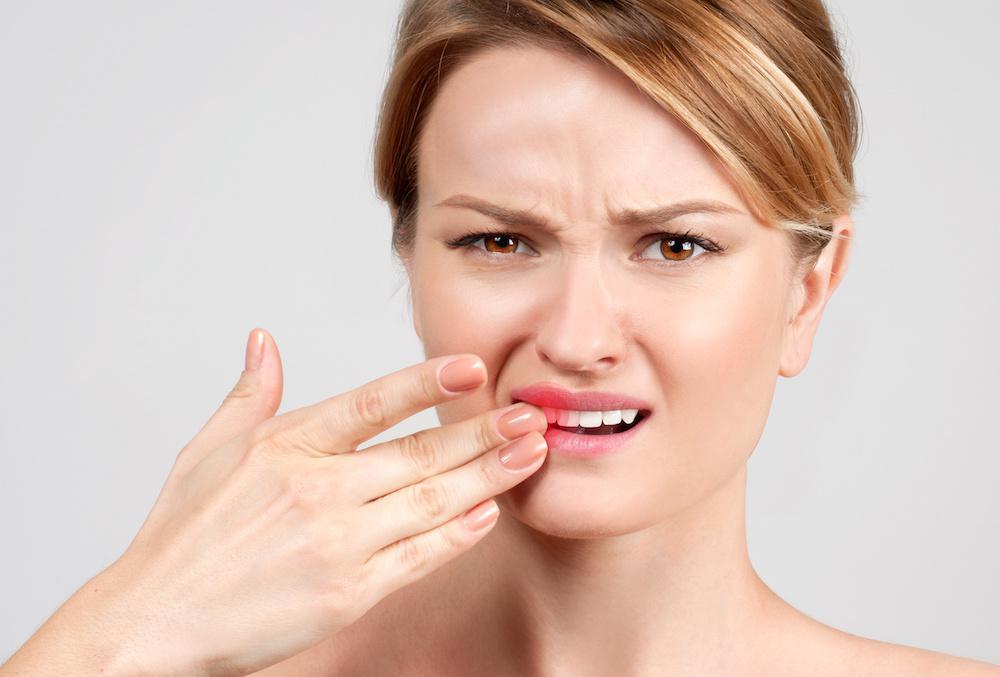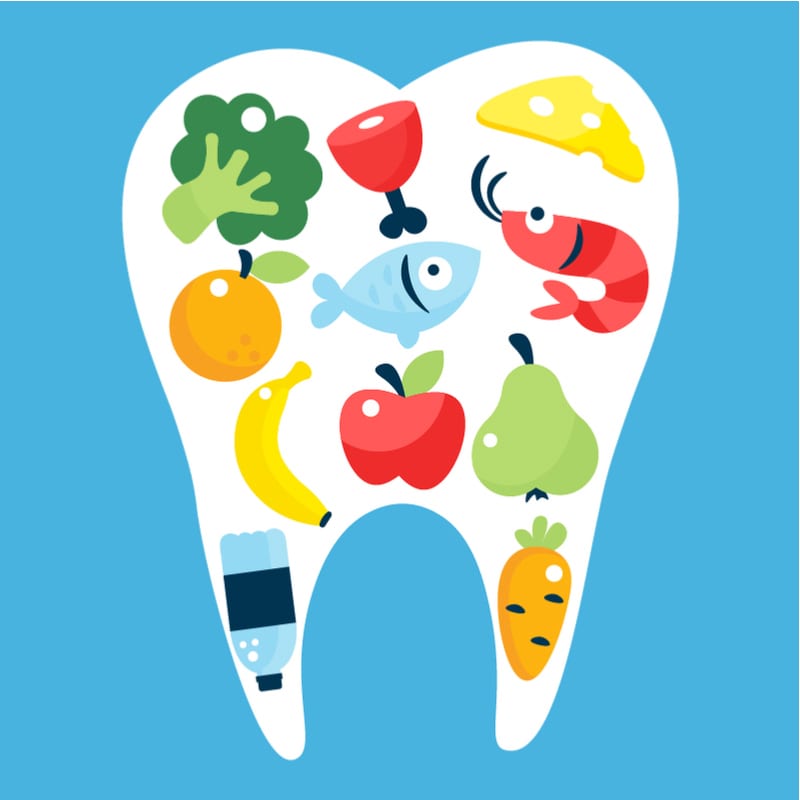Flossing is an essential part of a good oral hygiene routine that many people tend to overlook. While brushing your teeth twice a day is important, it’s not enough to maintain optimal dental health. Flossing helps to remove plaque and food particles that are trapped between teeth and in hard-to-reach areas of the mouth. In this article, we’ll explore the importance of flossing for dental health and provide some tips on how to floss properly.
Why is Flossing Important for Dental Health?
Flossing helps to remove plaque and food particles that are stuck between teeth and in hard-to-reach areas of the mouth. When food particles are left in the mouth, they can feed bacteria, which can lead to gum disease and tooth decay. Plaque, which is a sticky film that forms on teeth, can harden into tartar over time, which can only be removed by a dental professional.
When you floss, you’re not only removing food particles and plaque, but you’re also helping to stimulate the gums and promote healthy blood flow to the area. This helps to prevent gum disease and other oral health problems.
How to Floss Properly
Flossing is not difficult, but it does require some practice to get the hang of it. Here are some tips on how to floss properly:
1. Use Enough Floss
Cut a piece of floss that is about 18 inches long. Wrap the ends of the floss around your fingers, leaving about 2 inches of floss to work with.
2. Hold the Floss Correctly
Hold the floss tightly between your thumbs and forefingers and use a gentle back-and-forth motion to guide the floss between your teeth.
3. Curve the Floss
Curve the floss into a C-shape against the side of the tooth and slide it up and down against the tooth surface and under the gum line. Repeat this process for each tooth, using a clean section of floss each time.
4. Be Gentle
Don’t force the floss between your teeth, as this can cause gum damage. If you find it difficult to floss, you can try using a floss holder, which can make the process easier.
When to Floss
It’s recommended to floss at least once a day, preferably before brushing your teeth. This helps to remove food particles and plaque that brushing alone cannot reach. Flossing before brushing also helps to loosen food particles, making them easier to remove when brushing.
Types of Floss
There are many different types of floss available, including waxed, unwaxed, flavored, and unflavored. The type of floss you choose is a matter of personal preference, but it’s important to choose a floss that is comfortable to use and effective at removing food particles and plaque.
Waxed floss is good for people with tightly spaced teeth, as it is less likely to shred. Unwaxed floss is good for people with more widely spaced teeth. Flavored floss can make flossing more pleasant, but it’s important to choose a flavor that doesn’t contain sugar, which can be harmful to teeth.
Flossing and Gum Disease
Gum disease is a common oral health problem that can lead to tooth loss if left untreated. Flossing is an essential part of preventing and treating gum disease, as it helps to remove plaque and food particles from the gum line. In addition to flossing, it’s important to maintain good oral hygiene habits, such as brushing twice a day and visiting the dentist regularly.
Flossing and Tooth Decay
Tooth decay is caused by the buildup of plaque, a sticky film of bacteria that forms on teeth and gums. Plaque contains acid-producing bacteria that can dissolve tooth enamel and cause cavities.
Flossing removes plaque and food particles from between teeth and along the gum line, where a toothbrush may not be able to reach. By removing this plaque, flossing helps to prevent tooth decay and gum disease. If plaque is not removed regularly, it can harden into tartar, which can only be removed by a dental professional.
In summary, flossing is an important tool in preventing tooth decay and promoting good oral health. Along with brushing and regular dental checkups, flossing helps to remove plaque, prevent tartar buildup, and keep your teeth and gums healthy











